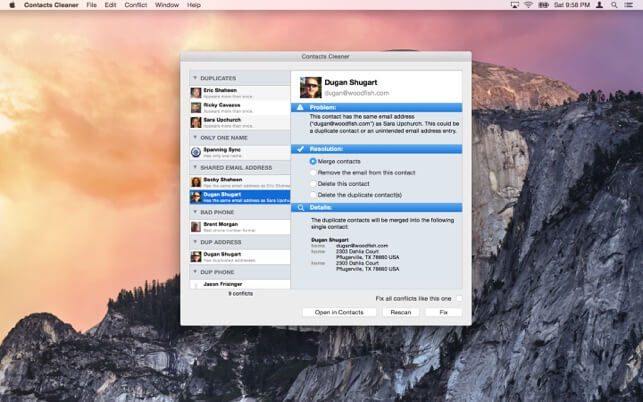

Take out your contact lens, then clean and disinfect it.ġ0. You've probably been there: You're putting on your eyeliner and a bit of that pencil smudges onto your contact. Or, bacteria could get in your eye, like it did with this man, and you could end up going blind.ĩ. But if you notice after taking a nap or sleeping overnight with your contacts on that your eyes are irritated, then your eyes are getting swollen and you want to avoid that. This is related to overwearing your contacts, which you already know you shouldn't do. In general, your eyes need periods of quiet and rest, so make sure you give them that break.Ĩ. If your eyeballs don't get enough oxygen, then the corneas can swell, leading to a corneal abrasion and eventually an infection if bacteria gets in there. "Have a regular schedule where you take your lenses out and let your eyes rest," says Dr. MacRae, but "your mouth has a lot more bacteria than your eye." If you don't clean the lens off after putting it in your mouth, that could lead to an infection in your eye.ħ. Rinse the case thoroughly and let it air dry.Ħ. Wash it with gentle soap and water once a week. Even with regular air-drying, your contact lens case needs to be cleaned. Don't let this happen! Clean your contacts every day with cleaning solution, gently rubbing the lens with your finger to remove debris.ĥ. After that, you could eventually become intolerant to contact lenses altogether.

Bacteria, debris, and protein accumulate on contact lenses, and those deposits can cause immune reactions such as giant papillary conjunctivitis (graphic image), where your eyelids get a million little bumps on them. So, to prevent ending up in the hospital with a corneal ulcer, make sure to air dry your contact lens case daily.Ĥ. He adds that at least half the medical cases he sees are due to people not drying out their contact lens cases. If that bacteria gets onto your lens and onto your eyeball, you could risk contracting something called a Pseudomonas aeruginosa infection, which could make your eyeball look something like this (warning: graphic image).ģ. The same goes for reusing the same solution, which causes bacteria to proliferate and the solution to stop being sterile. Bacteria can then overwhelm the disinfectant. Contact lens solution, as a disinfectant, is pretty effective - until you leave it sitting around, pooling, for days at a time. Reuse contact solution or leave used cleaning solution in your contact case. Always wash your hands before putting your contacts on and again before removing them.Ģ. "Bacteria are really smart and they move all around," says Dr. If you touch your contacts without washing your hands, you transfer bacteria to the lens. Handle your contacts without washing your hands first.

Here's what you should never do if you wear contact lenses:ġ. Now that you can see without glasses on, you can basically fly, so you get pretty brazen about the way you treat your contacts.īut not taking care of these micro petri dishes can lead to all kinds of problems, both minor (irritation) and frightening (vision loss), so heed these tips from Scott MacRae, M.D., professor of opthalmology and visual science at the University of Rochester, before you think about touching your contacts again. Once you get over the rather horrifying prospect of putting a piece of plastic onto the surface of your eyeball, it can be easy to feel like you, contact lens wearer, are invincible.


 0 kommentar(er)
0 kommentar(er)
